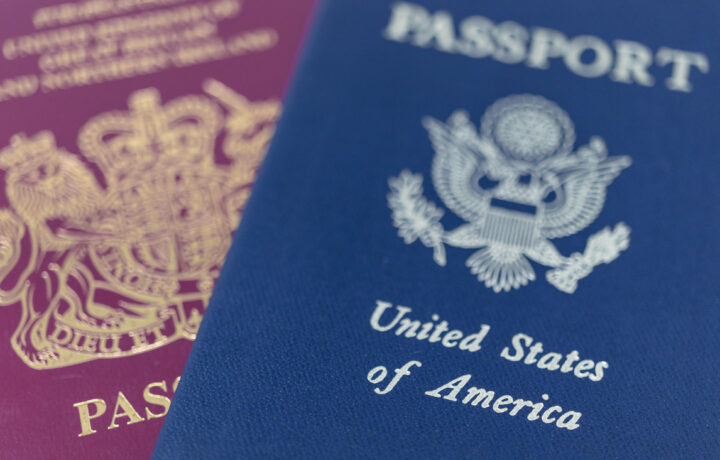In my experience, security clearance applicants with dual citizenship most often hold dual citizenship because they were born in another country or born to parents who were citizens of another country—i.e., their American citizenship is the most recent and the only citizenship obtained by choice. From time to time, however, I hear from American-born, U.S. citizens who want to know whether applying for citizenship with another country could jeopardize their security clearance eligibility. If you’ve ever spoken with a lawyer, you already know the answer: it depends.
Under the current Adjudicative Guidelines, application for dual citizenship, alone, is not disqualifying—but that’s not the end of the inquiry. There are important considerations that will impact whether applying for dual citizenship could compromise your eligibility for a clearance now or in the future. Anyone considering an application for dual citizenship should consider the potential concerns related to foreign preference and foreign influence.
Questions about dual Citizenship to Consider
Before applying for foreign citizenship, review the Guidelines and consider the following questions:
1. What are U.S. relations with Country #2?
Like any discerning mother, the U.S. government will examine the country that wooed you before approving of the relationship. U.S. relations with Country #2 will be front and center. For example, an applicant who applies for dual citizenship with Canada—a close ally with which the U.S. shares generous trade agreements—will generally raise less concern than an applicant who applies for dual citizenship with China— a country DoD considers home to “the world’s most active and persistent perpetrators of economic and cyber espionage against the United States . . . .”
It is also important to note that U.S. relations can change and, if that change is adverse, it could raise concerns about a clearance holder’s continued eligibility.
2. What other ties do you have to Country #2?
The U.S. government will also look at the nature of your relationship with the other country. An applicant with few other meaningful ties to the other country will generally raise less concern than an applicant who owns property and bank accounts in the other country and plans to retire there. In clearance adjudication, this taboo is commonly referred to as having “a foot in each country.”
3. What ties to Country #2 will you create?
When first applying for dual citizenship, one may not have many ties to Country #2. But, when navigating the natural inclination to get more comfortable in Country #2, it will be important to keep in mind the significance of creating new ties. Over time, one may decide it makes more sense to invest in a condo than to pay for a hotel each visit and that bank accounts in Country #2 are more convenient. One may also decide to spend more time in Country #2 and become close friends with the people they meet (who, of course, also happen to be foreign nationals). Although rare, we have seen clearance holders slowly shift their lives to Country #2 and, because it happened over decades, they didn’t even recognize the shift—but, of course, the government did.
4. Did you or will you self-report?
Concealing an application for foreign citizenship, including failure to report as required by SEAD 3, will raise concerns under multiple guidelines. It will also make it much more difficult to argue that the U.S. government shouldn’t be concerned about your new-found interest in another country. If you want to have a chance of holding dual citizenship and a security clearance, be sure to self-report your application.
5. Are you willing to renounce citizenship with Country #2?
Willingness to renounce a foreign citizenship is an important factor but this does NOT mean an applicant must renounce a foreign citizenship to ensure eligibility. In many cases where there are no other significant concerns, a genuine willingness to renounce will be enough. If you are considering renouncing citizenship to mitigate security clearance concerns, you should first consult with an attorney who specializes in security clearances.
A Lot Goes into the Security Clearance Eligibility Decision
At the end of the day, applying for dual citizenship, alone, is not disqualifying—but, an application for dual citizenship is never considered alone. As with any clearance concern, the government will assess several factors in determining eligibility, some of which are mentioned above. Assessing those same factors before applying for dual citizenship will minimize the risk of a surprise visit from your security officer in the future.
The above content is not legal advice and does not create an attorney-client relationship. The handling and outcome of any legal matter depends on varying factors unique to each matter, and results cannot be predicted or guaranteed. Do not act upon information without seeking legal counsel.




